Proper electrical maintenance is essential for the safety and smooth operation of any commercial property. Many businesses, however, overlook this critical aspect of property management, often assuming that everything will function without issue. This oversight can lead to serious risks, ranging from safety hazards to financial losses. Regular electrical maintenance ensures the safety of your staff, customers, and property, while also preventing costly repairs and downtime. Understanding the risks of neglecting this maintenance is crucial for any business owner.
1. Increased Risk of Electrical Fires
One of the most severe risks of ignoring electrical maintenance is the potential for electrical fires. Faulty wiring, overloaded circuits, and damaged electrical components can easily spark a fire. Over time, electrical systems degrade, and without regular inspections, issues such as frayed wires or outdated circuits can go unnoticed. These problems, if left unresolved, pose significant fire hazards.
By regularly inspecting the system, businesses can identify potential issues early on and prevent disasters. Electrical fires not only cause property damage but can also lead to loss of life, lawsuits, and reputational damage.
2. Higher Energy Costs
Another consequence of neglecting electrical maintenance is an increase in energy costs. Faulty wiring, inefficient lighting, and outdated systems can all contribute to higher energy consumption. Commercial buildings often rely on large electrical systems, and small inefficiencies can add up quickly over time.
Regular maintenance ensures that the electrical system is running efficiently, helping to reduce energy waste. This can involve updating outdated systems, replacing inefficient lighting with LED alternatives, and ensuring that electrical components are functioning optimally. By addressing these issues, businesses can lower their monthly energy bills and reduce their overall carbon footprint.
3. Risk of Equipment Damage
Electrical systems in commercial properties power essential equipment, machinery, and technology. Over time, components such as circuit breakers, wiring, and outlets can wear down, affecting the performance of the equipment they supply. Electrical surges, faulty connections, and power outages can cause irreparable damage to computers, servers, machinery, and other business-critical equipment.
Without regular inspections and maintenance, businesses risk costly equipment repairs or replacements. In industries reliant on technology, this can lead to disruptions in operations, data loss, and an overall decline in productivity.
4. Reduced System Lifespan
Ignoring electrical maintenance can shorten the lifespan of your electrical system. As components wear down, they become less efficient, leading to increased wear and tear on the overall system. Over time, this can result in the need for more frequent repairs and, eventually, a complete system overhaul.
Regular inspections and maintenance extend the lifespan of electrical systems by ensuring that components are functioning properly and that wear and tear is detected early. By addressing minor issues before they escalate, businesses can avoid the expense of replacing an entire electrical system prematurely.
5. Compliance and Legal Risks
In many commercial sectors, businesses are required by law to adhere to strict health and safety regulations, including electrical safety standards. Failing to maintain electrical systems in compliance with these regulations can lead to fines, penalties, or even legal action if accidents occur.
Electrical safety audits, such as Electrical Installation Condition Reports (EICR), are essential for ensuring that your system meets the necessary standards. Regular maintenance helps keep your business compliant, protecting it from legal liabilities and ensuring a safe working environment for employees and customers.
6. Increased Downtime
Electrical failures, whether from short circuits, power outages, or faulty equipment, can cause significant downtime. For businesses, this means lost revenue, decreased productivity, and disruption to customer service. In industries that rely on 24/7 operations, even a short period of downtime can result in significant financial losses.
By maintaining your electrical system, you can reduce the likelihood of unexpected failures and ensure that any issues are addressed promptly before they result in downtime. Scheduled maintenance also allows you to plan repairs in advance, minimising the impact on your operations.
7. Safety Hazards for Employees and Customers
Perhaps the most important reason to prioritise electrical maintenance is the safety of your employees and customers. Exposed wires, faulty equipment, and improperly grounded electrical systems can cause electric shocks or other serious injuries. Regular maintenance checks ensure that your system is up to code, minimising the risk of accidents.
A safe electrical system also reduces the risk of equipment malfunctions that could lead to hazardous situations, such as machinery overheating or fires starting unexpectedly. Prioritising electrical maintenance protects both the people in your building and the business itself.
The risks of ignoring electrical maintenance in commercial properties are far-reaching and can have serious consequences for the safety, financial health, and reputation of your business. From electrical fires to increased energy costs and equipment damage, neglecting your electrical system can result in significant financial losses and safety hazards. Regular inspections and maintenance not only help prevent these risks but also ensure the efficiency and longevity of your electrical system. For the peace of mind and protection of your business, investing in electrical maintenance is essential. Contact us for more information.


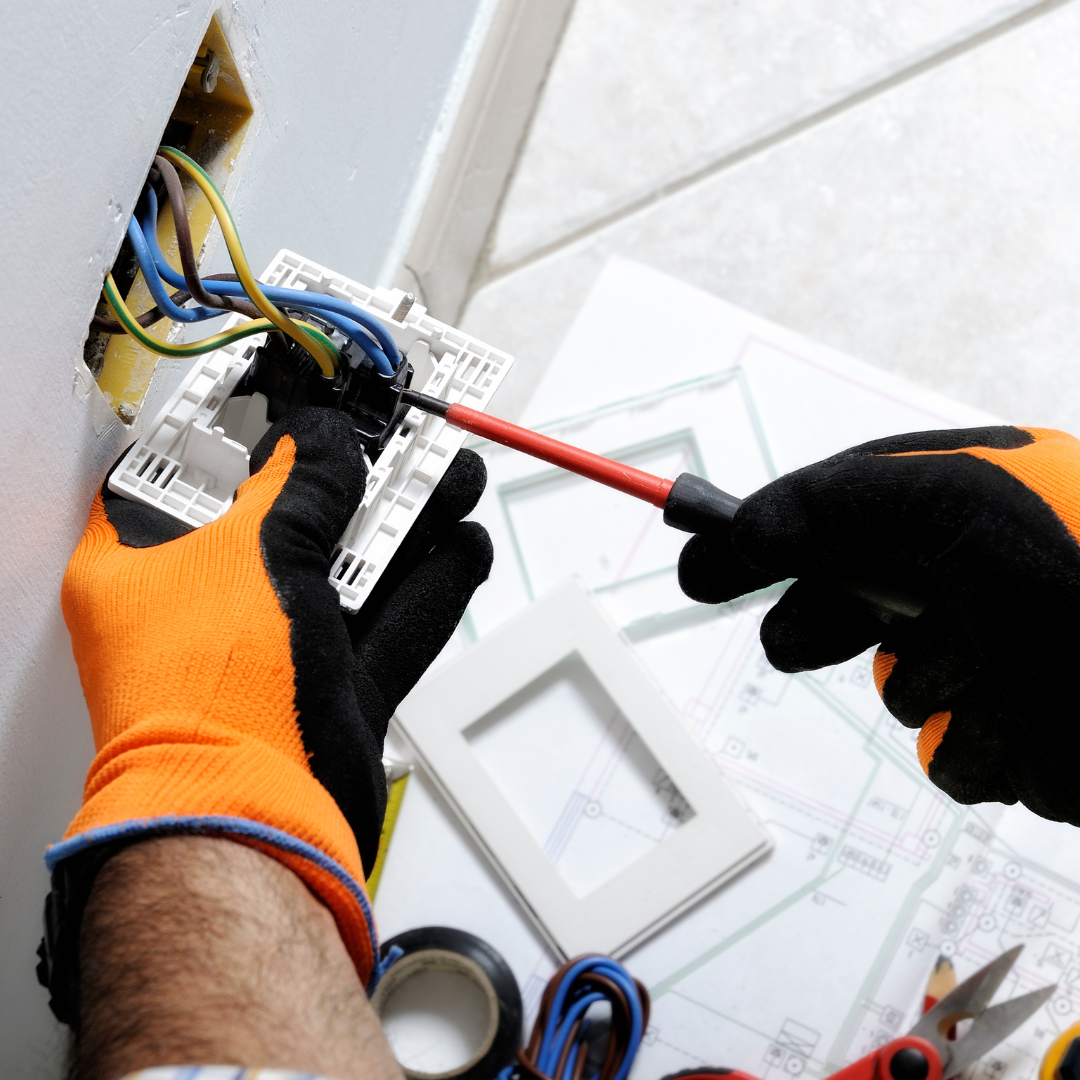
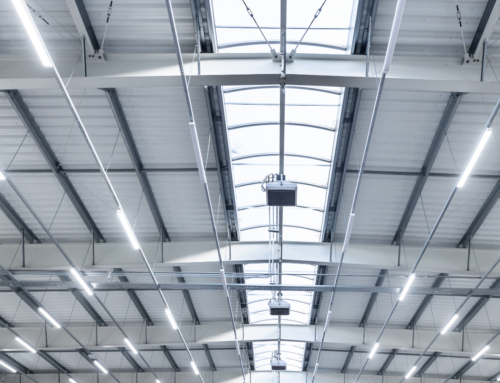
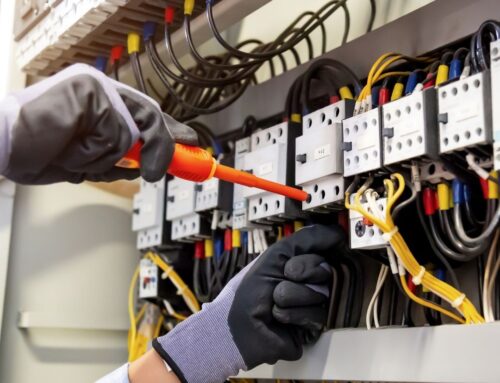
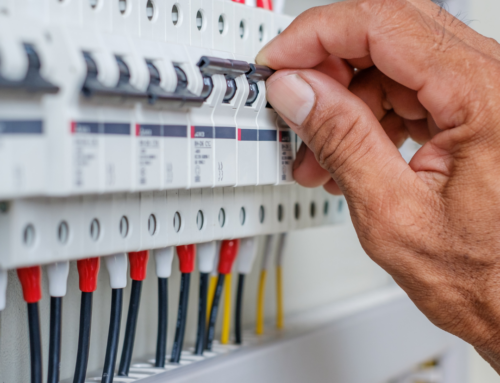
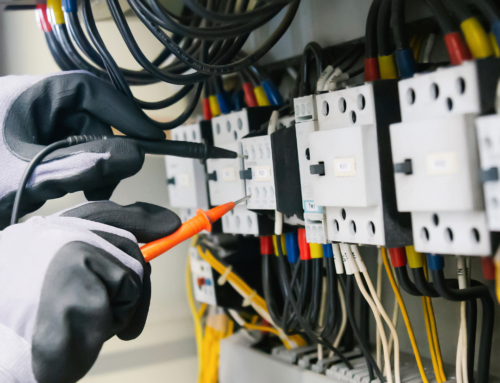
Leave A Comment